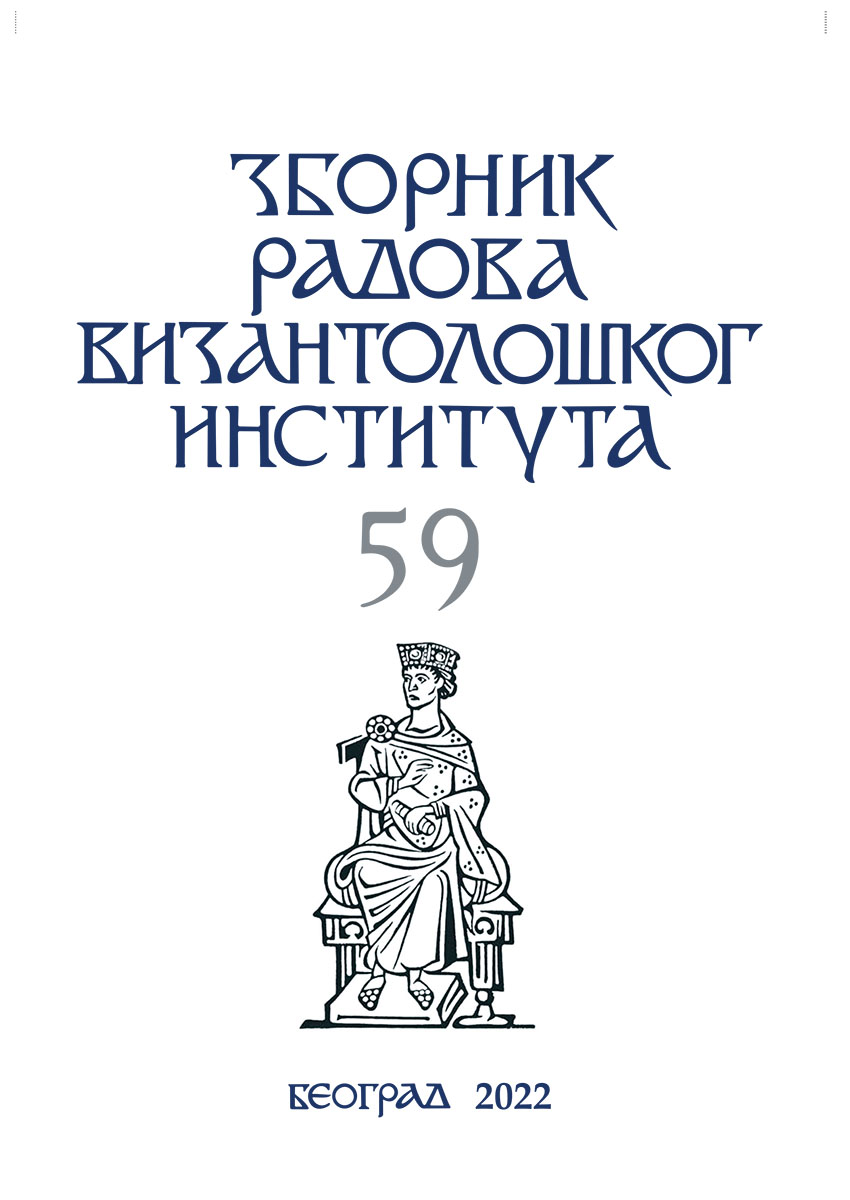ОБРОК ИЗ ЧЛАНА 110. ДУШАНОВОГ ЗАКОНИКА И ПОСУЛ ИЗ ЗАКОНСКИХ СПОМЕНИКА РУСКОГ СРЕДЊОВЕКОВНОГ ПРАВА
OBROK FROM ARTICLE 110 OF THE DUSHAN CODE AND POSUL FROM LEGAL SOURCES OF RUSSIAN MEDIEVAL LAW
Author(s): Zoran ČvorovićSubject(s): History, Law, Constitution, Jurisprudence, History of Law, Middle Ages
Published by: Vizantološki institut SANU
Keywords: obrok; Dushan’s Code; korm; posul; Sudebniks from 1497 and 1550
Summary/Abstract: The provision of Article 110 of Dushan’s Code, which prohibits judges from taking obrok by force, has not been examined from a comparative legal point of view, although in civilizationally close Russian law, primarily in the Sudebniks from 1497 and 1550 and the Saborno ulozhenie from 1649, there are similar anti-corruption regulations that prohibit judges from taking posul. The evolution of the concept of posul in Russian law, as well as the related tax institutions of obrok and korm, sheds a different light both on the overall development of the tax institution if obrok in Serbian law during the 13th and 14th centuries, as well as on the meaning of Article 110 of Dushan’s Code itself. While previous research on the Serbian obrok gives an extremely static view of this fiscal institution, according to which obrok from Dushan’s Code has the same meaning as obrok from the Bistrica Charter of King Stefan Vladislav, the related regulations of Russian legal sources show that the same tax expressions over time received a completely different legal meaning. This paper starts from the premise that the new meaning of the term “obrok” from the Article 110 of Dushan’s Code is directly related to the changes in the organization of Dushan’s state, which in its legal nature is close to the Muscovite state of Emperor Ivan IV Vasilyevich.
Journal: Зборник радова Византолошког института
- Issue Year: 2022
- Issue No: 59
- Page Range: 157-184
- Page Count: 28
- Language: Serbian

